1780
William Gill is elected Master of Stationer's Company.
William Gill is elected Master of Stationer's Company.
William Owen is elected Master of Stationer's Company.
Thomas Caslon is elected Master of Stationer's Company.
John Boydell is elected Master of Stationer's Company.
Thomas Harrison is elected Master of Stationer's Company.
Robert Gyfford is elected Master of Stationers' Company.
Thomas Wright, a member of Stationers' Company and previous Master, is elected Lord Mayor of London.
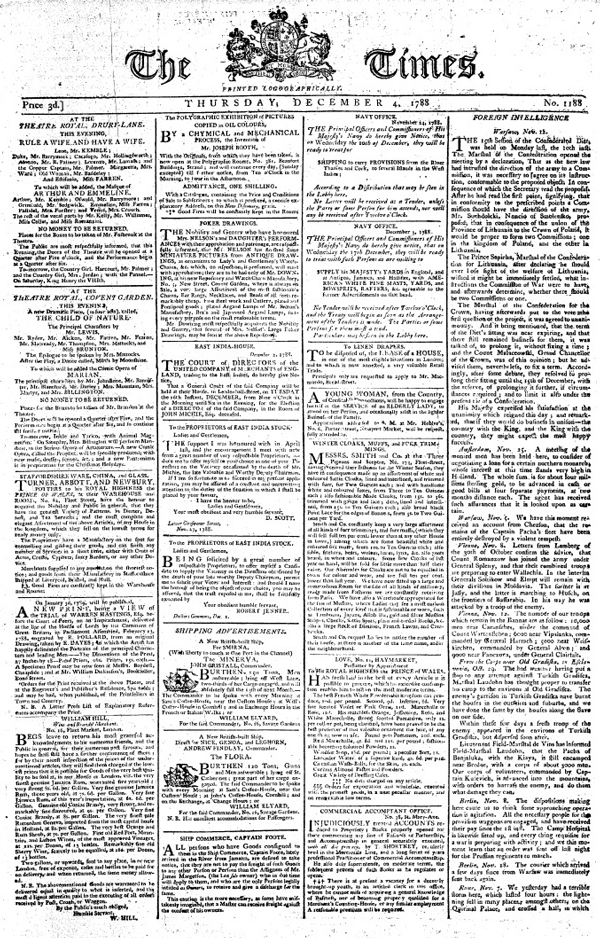
The Daily Universal Register is founded in London.
William Fenner is elected Master of Stationers' Company.
Thomas Greenhill is elected Master of Stationers' Company.
Thomas Hooke is elected Master of Stationers' Company.
William Gill, a member of Stationers' Company, is elected Lord Mayor of London.
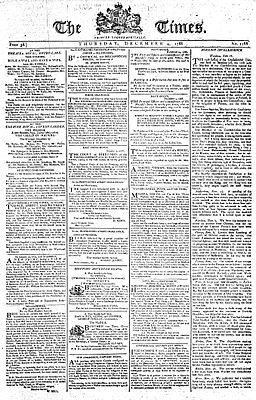
The Times newspaper is created: The newspaper changes its name from the Daily Universal Register.
Thomas Field is elected Master of Stationer's Company.
John March is elected Master of Stationers' Company.
John Boydell, a member of Stationers' Company, is elected Lord Mayor of London.
Thomas Pote is elected Master of Stationers' Company.
The Observer is first published by W. S. and it is the world's first Sunday newspaper.
Henry Baldwin is elected Master of Stationers' Company
John Townsend is elected Master of Stationers' Company
Henry Clarke is elected Master of Stationers' Company
William Chapman is elected Master of Stationers' Company
Thomas Pote is elected Master of Stationers' Company
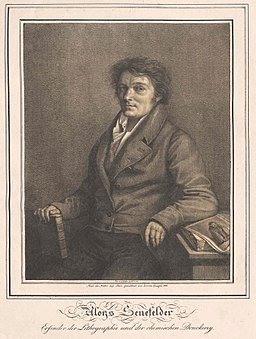
Lithography is the process by which high-quality images can be printed, using a means of image transfer from a flat suBRFace. It is developed by Alois Senefelder.
Henry Sampson Woodfall is elected Master of Stationers' Company
Thomas Cadell is elected Master of Stationers' Company
James Bate is elected Master of Stationers' Company
William Stephens is elected Master of Stationers' Company
Henry Rivington is appointed Clerk to Stationers' Company.
The external façade of Stationers' Hall is remodelled, looking as it does in the present day. The work begins in 1776 and costs over £1,300.
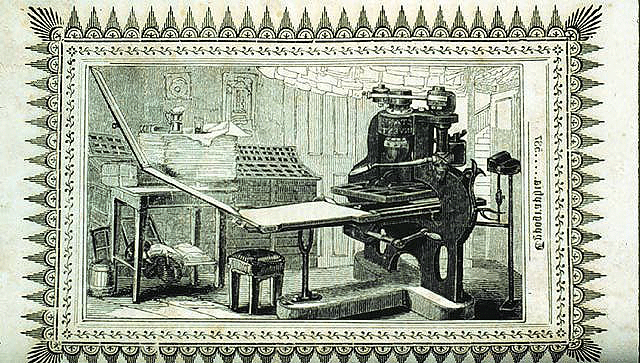
Stanhope press invented: The press uses an iron frame instead of a wooden one and can produce many more impressions per hour.
United the Kingdom of Great Britain with the Kingdom of Ireland.
Henry Parker is elected Master of Stationers' Company.
Charles Dilly is elected Master of Stationers' Company.
William Domville is elected Master of Stationers' Company.
First English paper machine installed at Frogmore.
John Nichols is elected Master of Stationers' Company.
Francis Rivington is elected Master of Stationers' Company.
Matthew Bloxham is elected Master of Stationers' Company.
Thomas Vallance is elected Master of Stationers' Company.
Henry Woolsey Byfield is elected Master of Stationers' Company.
Samuel Hawksworth is elected Master of Stationers' Company.
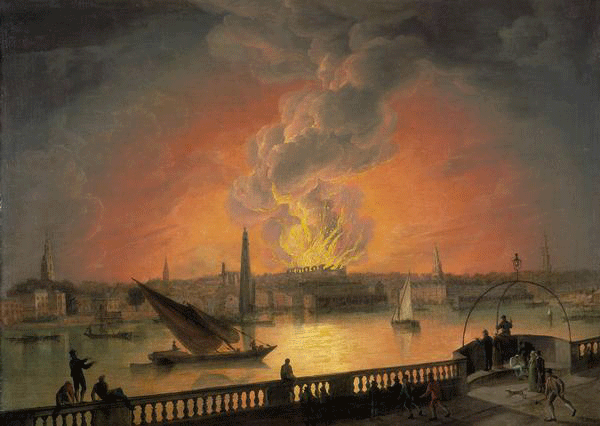
The Drury Lane Theatre in Covent Garden burns down on 24 February.
John Crickitt is elected Master of Stationers' Company.
Josiah Bydell is elected Master of Stationers' Company.
Thomas Smith is elected Master of Stationers' Company.
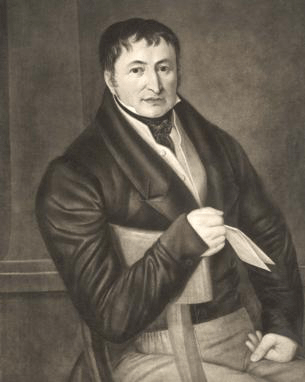
Johann Friedrich Gottlob Koening and Andreas Friedrich Bauer build their first cylinder press.
(Baronet) Sir William Domville, a member of Stationers' Company, is elected Lord Mayor of London.
John Barker is elected Master of Stationers' Company.
James Wallis Street is elected Master of Stationers' Company.
Joseph Collyer is elected Master of Stationers' Company.
Christopher Magnay is elected Master of Stationers' Company.
Thomas Payne is elected Master of Stationers' Company.
Joseph Gardiner is elected Master of Stationers' Company.
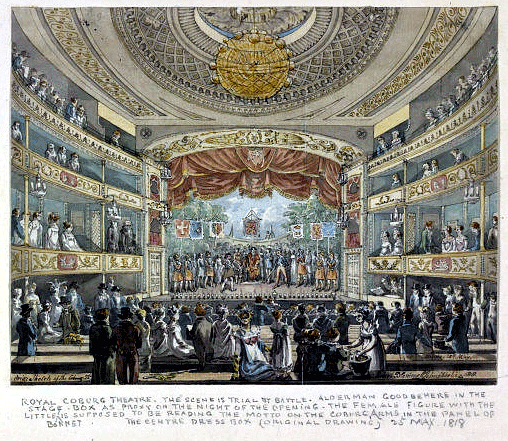
The Old Vic, formerly known as the Royal Coburg Theatre, opens its doors on 11 May. It cost £12,000 to build.
Charles Rivington is elected Master of Stationers' Company.
William Walker is elected Master of Stationer's Company.
George IV becomes King.
Christopher Magnay, a member of Stationers' Company, is elected Lord Mayor of London.
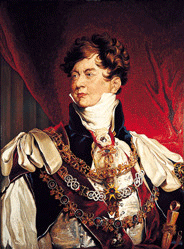
George IV is crowned King on 19 July.
The New Observer is founded by Henry White, and bore no relation to the Observer.
William Witherby is elected Master of Stationers' Company.
Robert Davison is elected Master of Stationer's Company.
The New Observer becomes the Sunday Times. The name is adopted on 20 October.
George Wilkie is elected Master of Stationers' Company.
William Venables is elected Master of Stationers' Company.
Thomas Bensley is elected Master of Stationers' Company.
William Venables, a member of Stationers' Company, is elected Lord Mayor of London.
John Marshall comes up with the dandy roll, which makes it easier to add watermarks to the paper produced by manufacturers.
Richard Marsh is elected Master of Stationers' Company.
Thomas Turner is elected Master of Stationers' Company.
James Harrison is elected Master of Stationers' Company.
John Crowder is elected Master of Stationers' Company.
Charles Rivington is appointed Clerk to Stationers' Company.
John Crowder, a previous Master of Stationers' Company, is elected Lord Mayor of London.
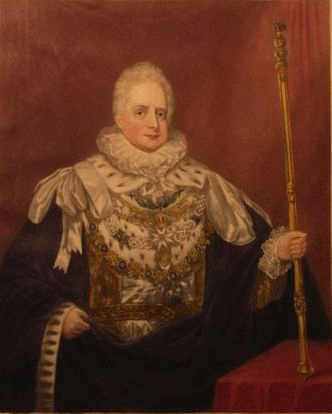
William IV becomes King, his coronation taking place on 8 September 1831.
Sir John Key, a member of Stationers' Company, is elected Lord Mayor of London.
John Key is elected Master of Stationers' Company.